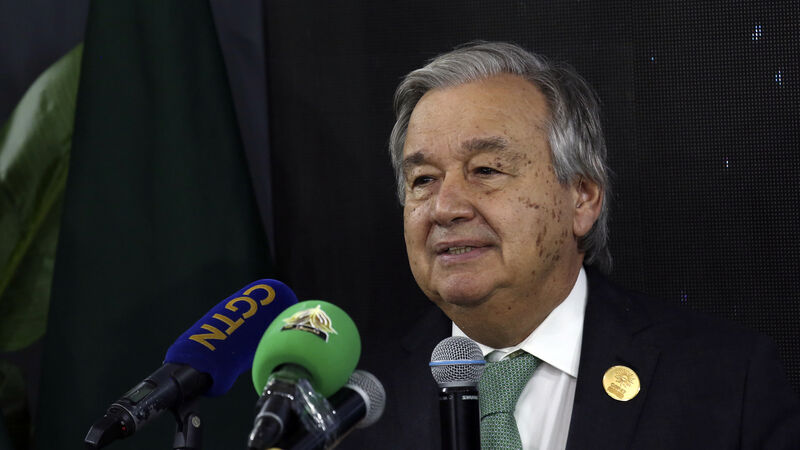Antonio Guterres tells Cop 15: People have become weapons of mass destruction

UN secretary-general Antonio Guterres described the world's actions as an 'orgy of destruction' Picture: Thomas Hartwell/PA
People have become "weapons of mass destruction" and must halt the "orgy of destruction", the UN chief has told the world's biggest biodiversity summit.
UN secretary general Antonio Guterres told the Cop15 attendees in Canada that "the deluded dreams of billionaires aside, there is no Planet B" in his opening remarks on the climate and nature crisis.










